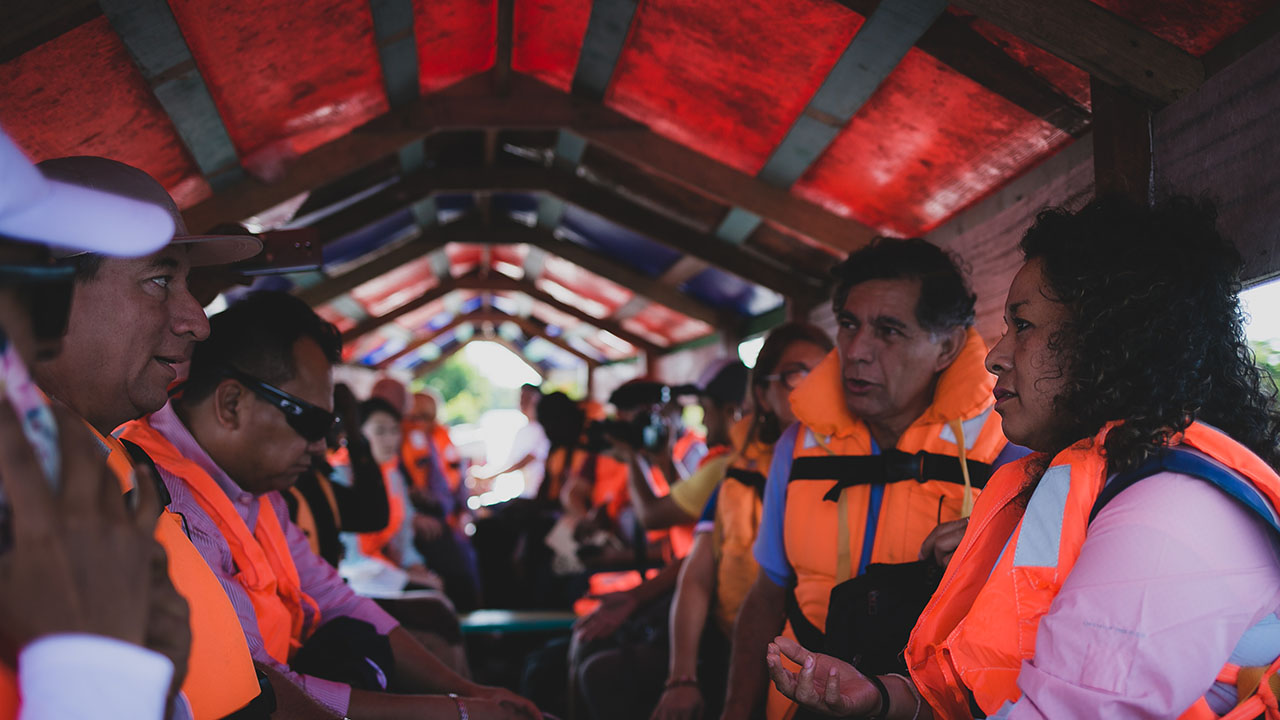
Photo: Pablo Tsukayama.
We are Peruvian and overseas expert malaria researchers who coordinate and provide research evidence to the Malaria-Zero Plan, aiming to translate our scientific findings into malaria elimination strategies that can be implemented in the public health system.

In 2017, the Ministry of Health approved the Plan Malaria Cero
(Zero Malaria Plan-PMC), the first program aimed at eliminating a
communicable disease approved in the last 50 years. The plan is aimed
at eliminating this disease by 2030.
The Malaria Laboratory of the Alexander von Humboldt
Institute of Tropical Medicine of Universidad Peruana Cayetano
Heredia organized in June 2019 a workshop on
Next Generation Sequencing for Malaria Research.
National and foreign expert malaria researchers got together for
the workshop to discuss the needs and the future of malaria
research.
Institutions that participated in the first meeting included the
Ministry of Health (Directorate General for Strategic
Interventions in Public Health, through the Directorate for
Prevention and Control of Metaxenic and Zoonotic Diseases, led by
the PMC),
Universidad Peruana Cayetano Heredia
(UPCH),
Universidad Nacional de la Amazonía Peruana
(UNAP),
Global Health Institute of the University of Antwerp
(Belgium), Supranational Reference Malaria Laboratory of the
National Institute of Health
(INS),
U.S. Naval Medical Research Unit No. 6
and
U.S. Centers for Disease Prevention and Control.
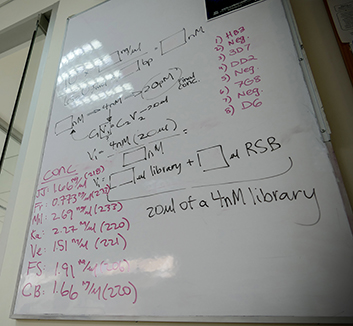
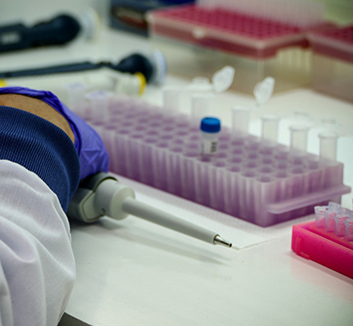
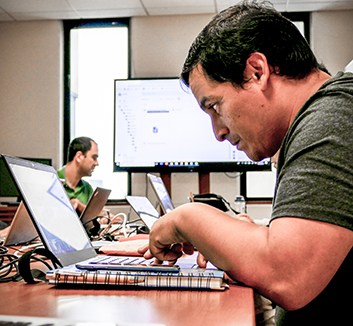
In 2017, the Ministry of Health approved the Plan Malaria Cero (PMC) (Zero Malaria Plan), the first program aimed at eliminating a communicable disease approved in the last 50 years. The plan is aimed at eliminating this disease by 2030.
For the first time in Peru, the goal will be to eliminate the
malaria reservoir by implementing molecular diagnostic methods
that are more sensitive, so they can detect the presence of very
few parasites in the blood. This intervention is crucial to prevent
malaria resurgence.
The idea of creating a consortium for malaria research in Peru
came up during the first meeting with the aim of
standardizing criteria and conducting research
works whose results can be used in the Zero Malaria Plan to
achieve its goal of controlling and eliminating the disease. It
would be an interinstitutional collaboration that
will group research institutions, universities and the public
health system.
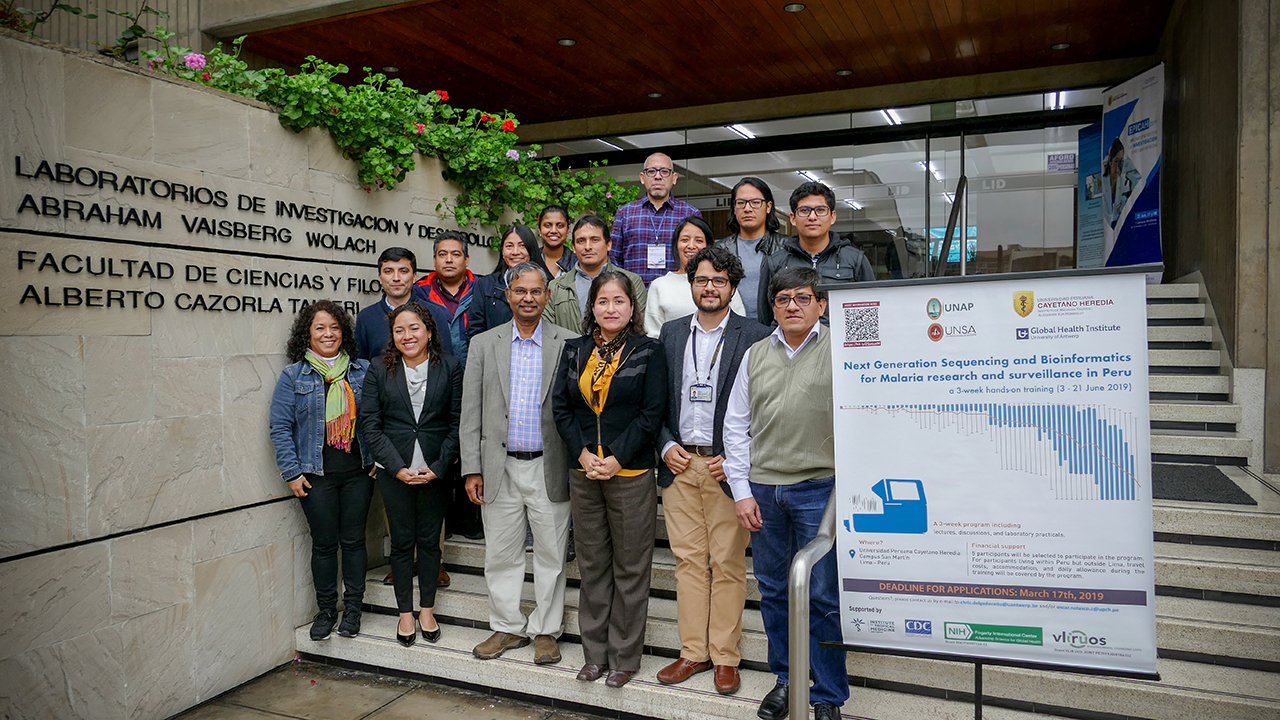
We are a multidisciplinary team of molecular and
cellular biologists, clinical and genomic epidemiologists, medical
doctors and researchers from other knowledge areas actively involved
in malaria research and surveillance. Our members represent research
institutions, academics and government branches that aim to support
malaria elimination in Peru and other endemic Amazonian areas.
As a coalition, we enable organizations to
pool resources with other experts to foster
innovative approaches to drive malaria elimination.
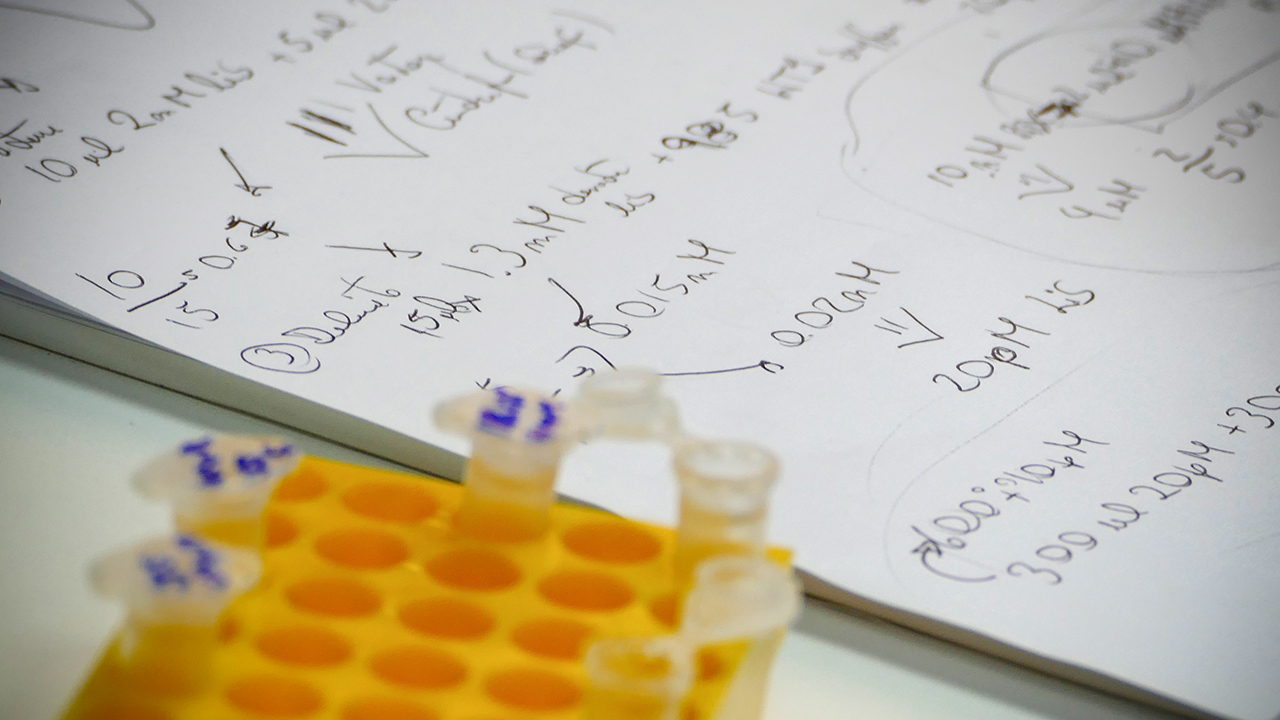
The Global Health Institute
University of Antwerp
Universidad Peruana Cayetano Heredia
Plan Malaria Cero
Ministry of Health of Peru
Naval Medical Research Unit No. 6
The US Centers of Disease Control and Prevention
Universidad Nacional de la Amazonía Peruana
Institute of Tropical Medicine in Antwerp
Universidad Nacional Toribio Rodríguez de Mendoza de Amazonas
Temple University
Medicines for Malaria Venture